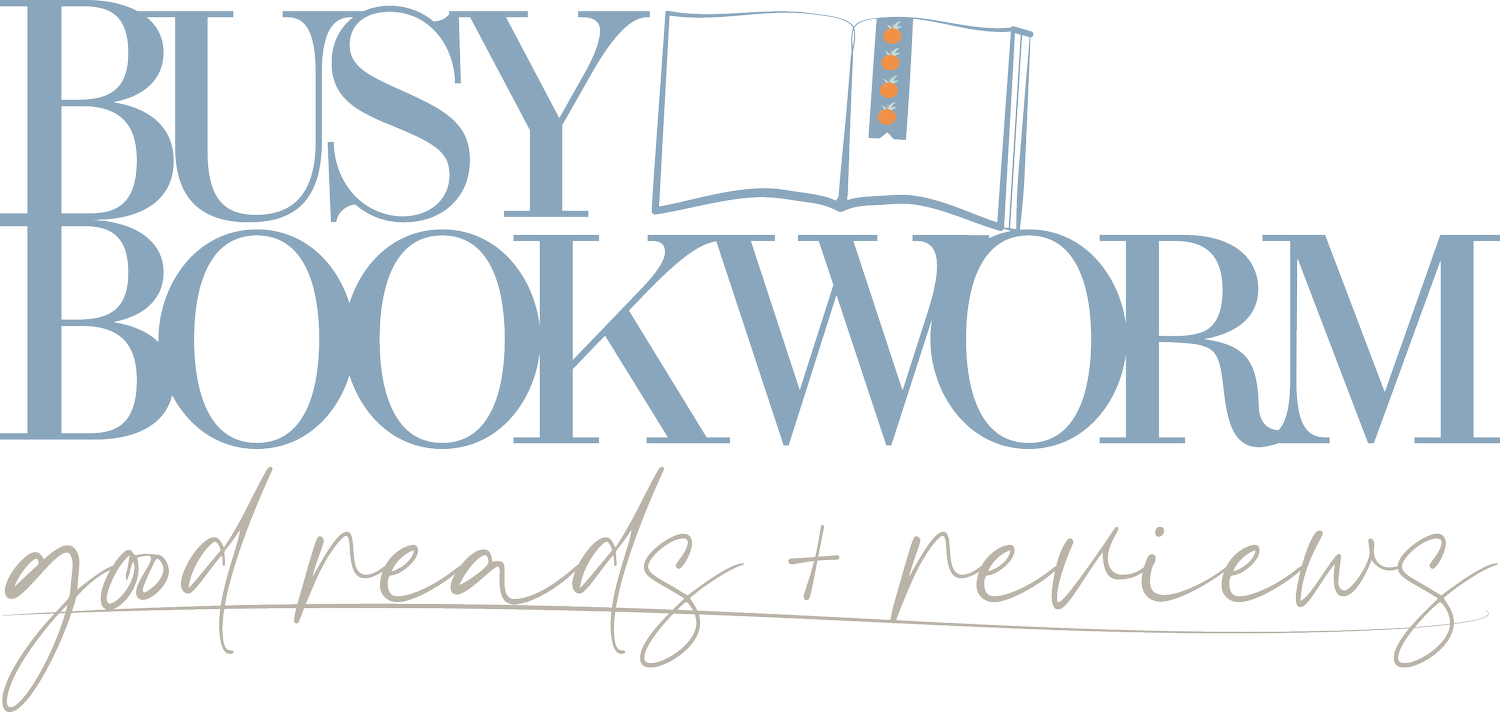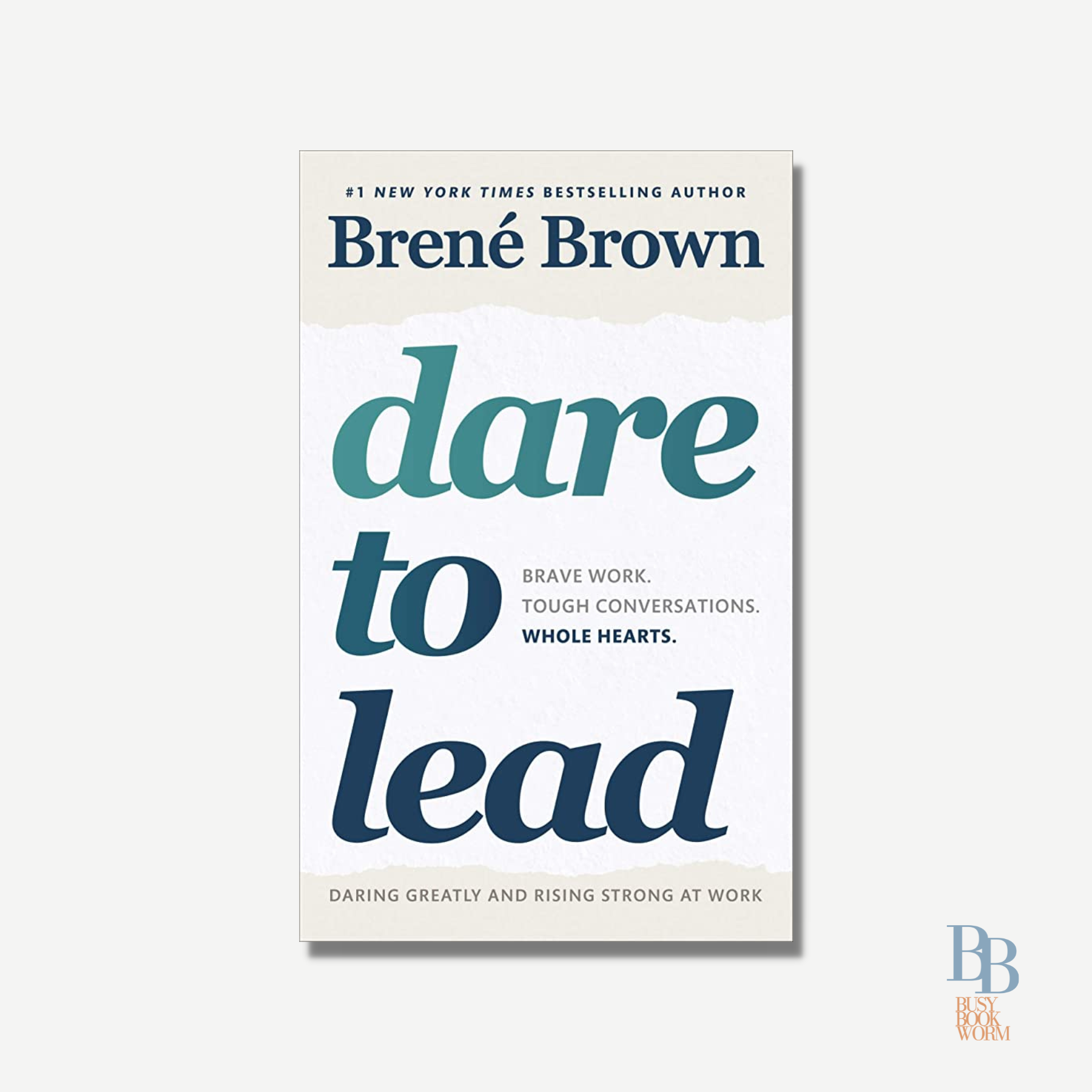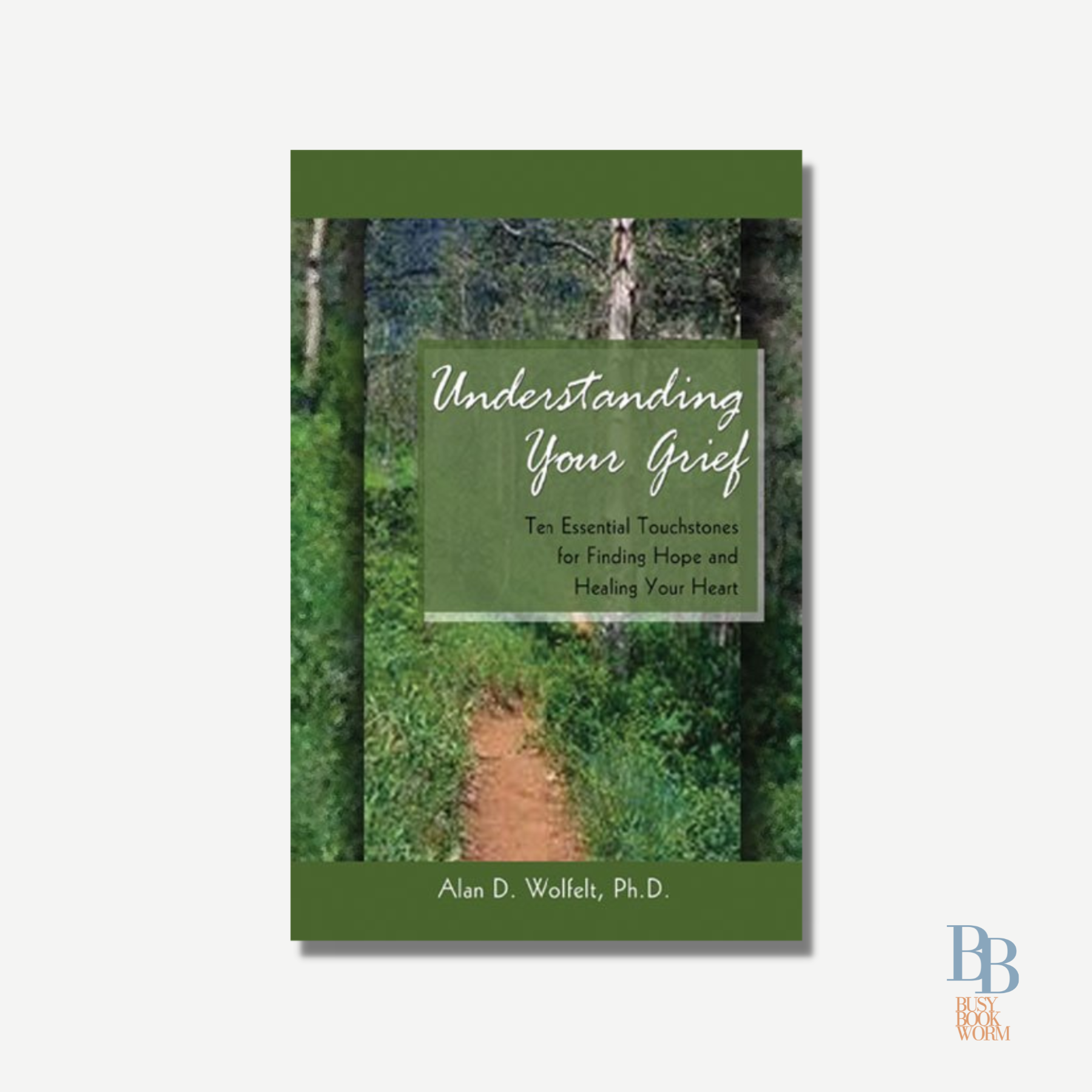Helpful Books That Aren’t Too Self-Helpy
Atomic Habits by James Clear
Clear is known for his ability to distill complex topics into simple behaviors that can be easily applied to daily life and work. Here, he draws on the most proven ideas from biology, psychology, and neuroscience to create an easy-to-understand guide for making good habits inevitable and bad habits impossible. Along the way, readers will be inspired and entertained with true stories from Olympic gold medalists, award-winning artists, business leaders, life-saving physicians, and star comedians who have used the science of small habits to master their craft and vault to the top of their field.
Dare to Lead by Brené Brown
A leader is anyone who takes responsibility for recognizing the potential in people and ideas, and has the courage to develop that potential.
When we dare to lead, we don’t pretend to have the right answers; we stay curious and ask the right questions. We don’t see power as finite and hoard it; we know that power becomes infinite when we share it with others. We don’t avoid difficult conversations and situations; we lean into vulnerability when it’s necessary to do good work.
In this new book, Brown uses research, stories, and examples to answer these questions in the no-BS style that millions of readers have come to expect and love.
Option B by Sheryl Sandberg and Adam Grant
Everyone experiences some form of Option B. We all deal with loss: jobs lost, loves lost, lives lost. The question is not whether these things will happen but how we face them when they do.
Thoughtful, honest, revealing and warm, OPTION B weaves Sandberg’s experiences coping with adversity with new findings from Adam Grant and other social scientists. The book features stories of people who recovered from personal and professional hardship, including illness, injury, divorce, job loss, sexual assault and imprisonment. These people did more than recover―many of them became stronger.
OPTION B offers compelling insights for dealing with hardships in our own lives and helping others in crisis. It turns out that post-traumatic growth is common―even after the most devastating experiences many people don’t just bounce back but actually bounce forward. And pre-traumatic growth is also possible: people can build resilience even if they have not experienced tragedy. Sandberg and Grant explore how we can raise strong children, create resilient communities and workplaces, and find meaning, love and joy in our lives.
The First 90 Days by Michael D. Watkins
Whether you’re starting a new job, being promoted from within, embarking on an overseas assignment, or being tapped as CEO, how you manage your transition will determine whether you succeed or fail. Use this book as your trusted guide.
By walking you through every aspect of the transition scenario, Watkins identifies the most common pitfalls new leaders encounter and provides the tools and strategies you need to avoid them. You’ll learn how to secure critical early wins, an important first step in establishing yourself in your new role. Each chapter also includes checklists, practical tools, and self-assessments to help you assimilate key lessons and apply them to your own situation.
Understanding Your Grief by Alan D. Wolfelt, Ph.D.
Since its debut thirty years ago, this favorite by one of the world’s most beloved grief counselors has found a place in the homes and hearts of hundreds of thousands of mourners across the globe.
Filled with compassion and hope, Understanding Your Grief helps you understand and befriend your painful, complex thoughts and feelings after the death of someone loved. Befriending grief may sound counterintuitive, but actually, your grief is your love for the person who died in a different form, and like that love, it’s also natural and necessary.
Perhaps above all, Understanding Your Grief is practical. It’s built on Dr. Wolfelt’s Ten Touchstones, which are basic principles to learn and actions to take to help yourself engage with your grief and create momentum toward healing. Excellent as an empathetic handbook for anyone in mourning as well as a text for support groups, Understanding Your Grief pairs with a guided journal.
The Power of a Positive No by William Ury, Ph.D.
No is perhaps the most important and certainly the most powerful word in the language. Every day we find ourselves in situations where we need to say No–to people at work, at home, and in our communities–because No is the word we must use to protect ourselves and to stand up for everything and everyone that matters to us. But as we all know, the wrong No can also destroy what we most value by alienating and angering people. That’s why saying No the right way is crucial. The secret to saying No without destroying relationships lies in the art of the Positive No, a proven technique that anyone can learn.
In today’s world of high stress and limitless choices, the pressure to give in and say Yes grows greater every day, producing overload and overwork, expanding e-mail and eroding ethics. Never has No been more needed. A Positive No has the power to profoundly transform our lives by enabling us to say Yes to what counts–our own needs, values, and priorities.
Failing Up by Leslie Odom, Jr.
With personal stories from his life, Odom asks the questions that will help you unlock your true potential and achieve your goals even when they seem impossible. What work did you put in today that will help you improve tomorrow? How do you surround yourself with people who will care about your dreams as much as you do? How do you know when to play it safe and when to risk it all for something bigger and better?
These stories will inspire you, motivate you, and empower you for the greatness that lies ahead, whether you’re graduating from college, starting a new job, or just looking to live each day to the fullest.







